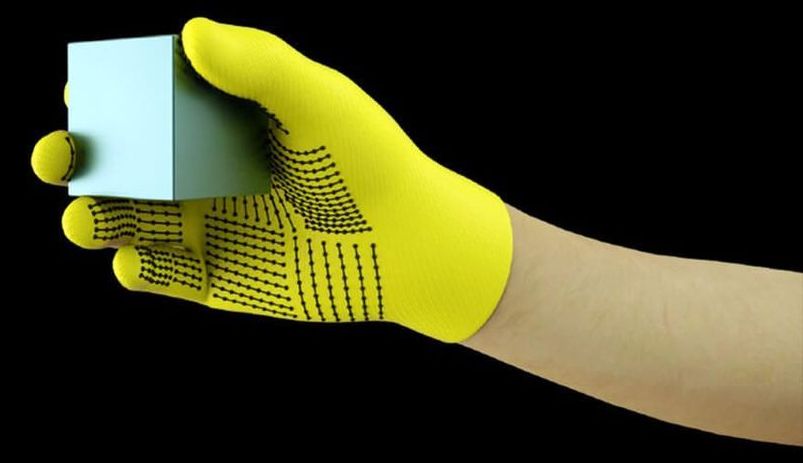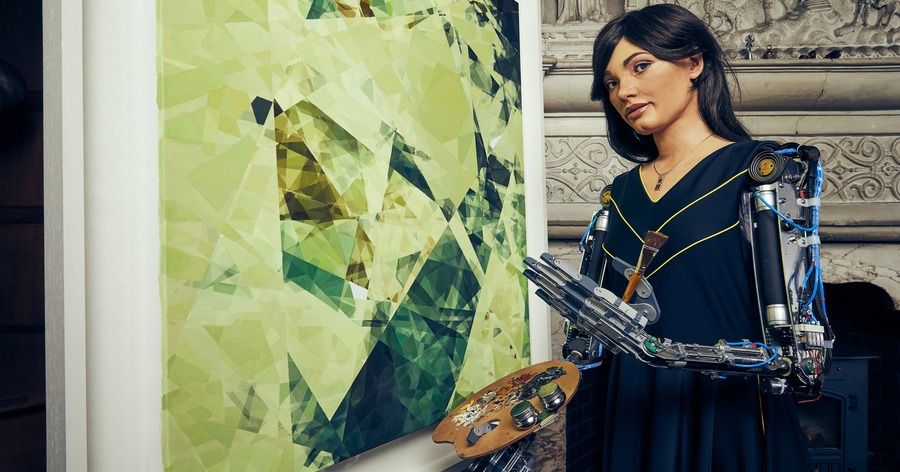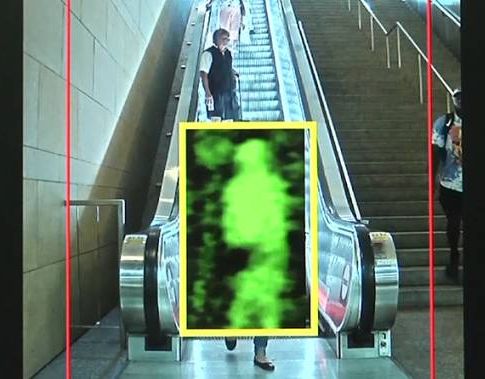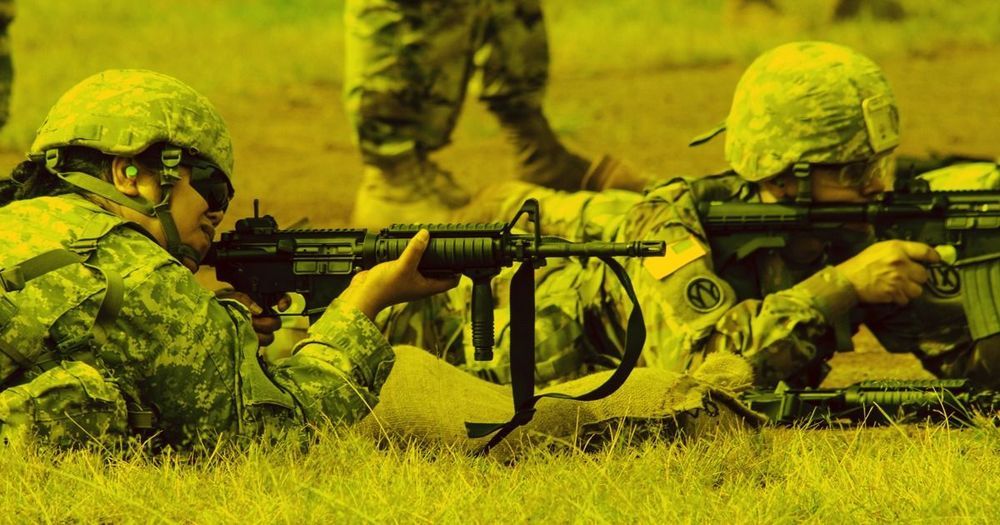Machines are mastering vision and language, but one sense they’re lagging behind on is touch. Now researchers have created a sensor-laden glove for just $10 and recorded the most comprehensive tactile dataset to date, which can be used to train machine learning algorithms to feel the world around them.
Dexterity would be an incredibly useful skill for robots to master, opening up new applications everywhere from hospitals to our homes. And they’ve been coming along in leaps and strides in their ability to manipulate objects, OpenAI’s cube juggling robotic hand being a particularly impressive example.
So far, though, they’ve had one hand tied behind their backs. Most approaches have relied on using either visual data or demonstrations to show machines how they should grasp objects. But if you look at how humans learn to manipulate objects, you realize that’s just one part of the puzzle.








